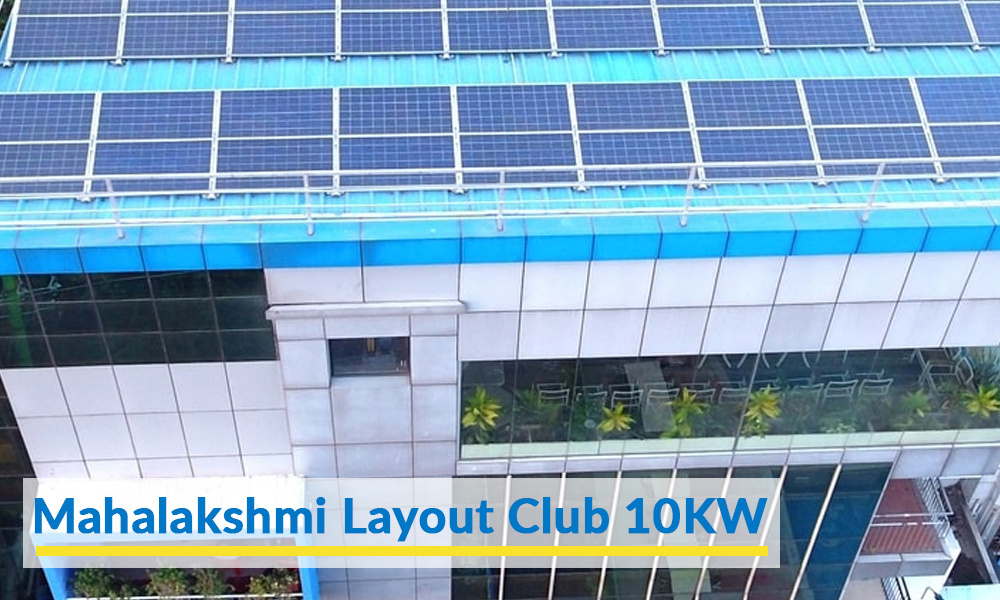Overview
Electrically, off-grid means that there is no connection to a main power supply. You are off-grid if you are not connected to your grid’s power system or utility provider in any way. This is appealing since you can completely self-sustain your energy consumption. However, off-grid systems necessitate the purchase of a backup battery, which can be costly, heavy, and unfriendly to the environment, defeating the aim of choosing solar (to save money and live greener). It is the most popular sort of solar power backup system.
An off-grid solar system is best suited for remote areas with poor or no access to the grid. As the name suggests, this solution is completely independent of the grid and can be configured to power a wide range of appliances, from lights and fans to fridges, washing machines, computers, and even air-conditioners.
In this setup, solar panels convert sun rays into direct current (DC) electricity, which is used to charge batteries. An inverter then converts the electricity stored in the batteries into alternating current (AC). The AC electricity can then power the dedicated load. Any excess power generated is stored in the battery bank for future usage. During the day, the solar panel charges the battery and powers home equipment. When the sun is not shining, the inverter uses battery power to power your household appliances.
Components
Solar panels (PV array), charge controllers, battery banks, and inverters are integral parts of an off-grid solar system. Some of the off-grid systems have generators as an optional component.
How It Works ?
The Sunlight is soaked up by the solar panels and transferred to the charge controllers. Charge controllers also act as a regulator, ensuring that the amount of power received through the solar panels does not overload the battery, instead keep the battery fully charged. battery bank stores up excess energy for cloudy days and nights. Lastly, inverters convert the DC (direct current) power into AC power which is passed on to be digested by your electronics or appliances.

Types of off-grid systems
There are definitely a few things that need to be considered when you are deciding the size of your off-grid solar system.
- Summer and winter daily average energy use (kWh)
- Peak load (kW) – The amount of power used by loads at any given time.
- Average continuous load (kW)
- Solar exposure: Location, climate, direction, and shade all affect the intensity of solar light and heat.
- In the event of a power outage or a shutdown, backup power solutions are available.
AdvantagesWhy use an off-grid solar system?
- Power cut-free life: Power outages can happen at any time and without warning. When you lose power, you lose access to illumination, which can bring things to a standstill.
- Low cost and maintenance: As non-renewable sources like coal, oil, and petrol are becoming scarce and expensive, their costs grow in tandem with the cost of production, resulting in higher power bills for customers. An off-grid solar system gives you freedom from the supply-demand vicious circle. While the initial cost of an off-grid solar energy system seems high, with no dependence on the grid, there is no need to pay a monthly electricity bill. A solar off-grid system is our planet’s bright future.
- Easy Alternative for rural areas: Because rural and distant places lack infrastructure, connecting to the main electrical grid can be difficult and expensive, but off-grid solar energy systems can compensate for this.
- Cleaner, greener world: Burning fossil fuels not only produces energy, but also contributes to the current global warming situation. When it is burned, it produces a significant amount of carbon dioxide, which traps heat in the atmosphere and contributes to climate change. Renewable energy sources, such as off-grid solar powered systems, have a lower carbon footprint, which helps to keep the air and environment clean.
